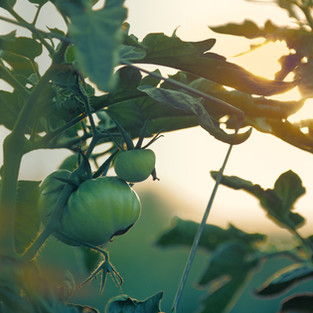The recent release of the May consumer price numbers for food generated considerable news. Year over year, the price of food has gone up 3.5%. Particular attention was given to the year over year increase in fresh vegetable prices which came in at 16.7%. There was much wringing of hands and I got several calls from the media to speak to the reasons for the incredible increase in the price of fresh vegetables.
This food price angst highlights again the appeal of the soundbite over a real interpretation of what's happening. Mitchell Gingerich recently published a blog post highlighting the significant within year variation for food prices as opposed to the between year variation. Produce prices are higher in the winter, when we import them, and go down as spring approaches. Production moves from California, through Arizona and then north (for some products up the Eastern Seaboard of the US). This year the downturn in prices has been delayed. This is likely due to cool and wet spring weather which delays production meaning supply remains relatively constrained. There is still every expectation that fresh vegetable prices will go down as summer production ramps up.
This is the yearly cycle.
This matters because it affects how we think about prices. The sound bite is that vegetable prices are 17% higher this May than they were in May of last year. That is technically correct - but misses the point. If you go in to the grocery store today, prices for fresh vegetables won't be dramatically higher than they were in April. In fact, the increase from April to May was about 0.4% and some prices actually went down - tomatoes were down 12% - although prices are still significantly higher than in May of last year. It's true we are paying more than we would normally in May and June but that's largely because the new crops have been delayed. When the good Canadian produce starts hitting the shelves we will see prices come down to more normal levels.
Recommended citation format: von Massow, M. “Take care in interpreting food price news”. Food Focus Guelph (36), Department of Food, Agricultural and Resource Economics, University of Guelph, June 20th, 2019.






Comentarios